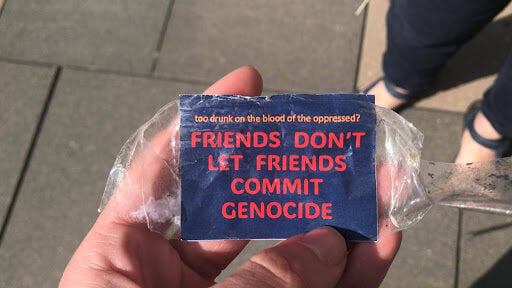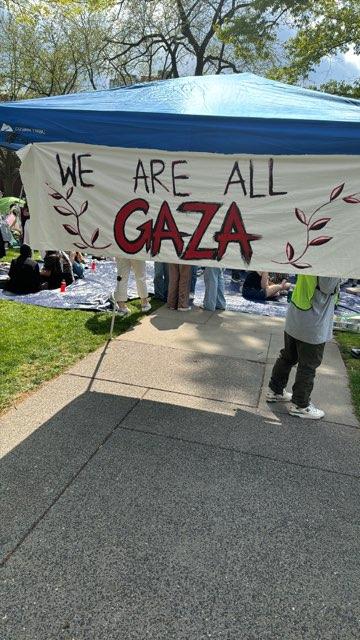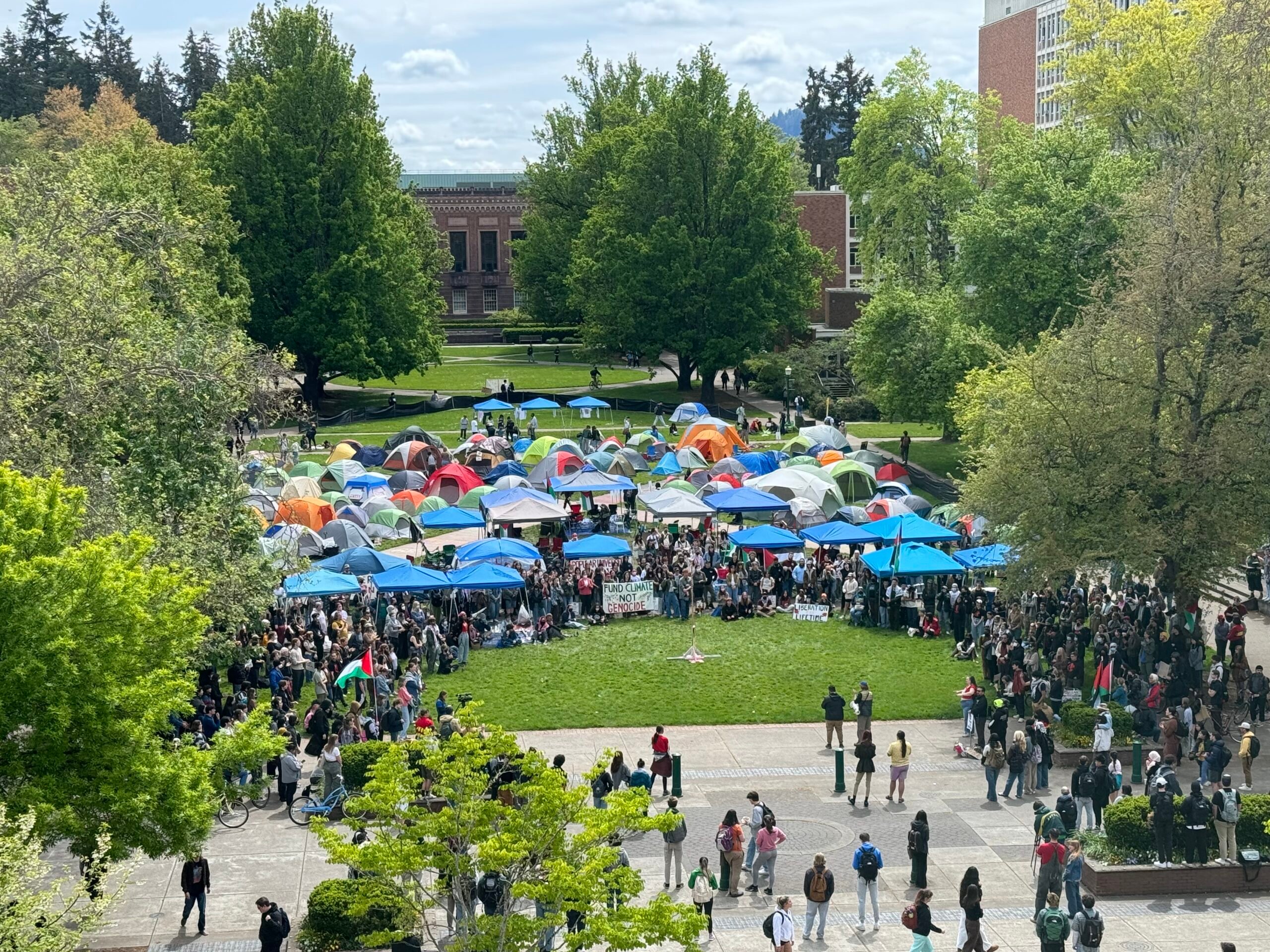
Zack was studying in Eretz Yisrael at a yeshiva for beginners in Judaism. He was having his doubts. “The whole religion thing is so intense! I don’t think it’s for me,” he thought. He made up his mind the next day to book a ticket back to America. When he came back to his dorm room that night, his roommate Michael said, “Zack you look unhappy. What’s going on?” Zack replied, “This religious way of life is not for me. I’m going to leave tomorrow.” “Truthfully, I have my own challenges with it as well,” said Michael. “If you leave, I don’t know if I’ll be able to stay here. You’re a great friend and roommate. How am I going to keep going without your company?”
Zack said he would think it over. He tossed and turned all night. The next morning, Zack told Michael, “I’m changing my plans. I’ve decided to stay in yeshiva.”
This story always troubled me. What was so compelling about Michael’s reasoning that caused Zack to stay? Michael didn’t offer any compelling arguments about the truth of Torah. I believe the midrash in this week’s parsha gives us a tremendous insight into human nature and better clarity regarding our story.
As Avraham and Yitzchak were walking up the mountain toward Akeidas (sacrifice of) Yitzchak, Yitzchak said, “Avi [my father]” and Avraham responded, “Here I am, my son” (22:7). Yitzchak proceeded to ask, “Where is the sheep for the sacrifice?” Why did Yitzchak initially call for his father? After all, they were walking side by side for days. There was no question of where Avraham was.
The Midrash (Bereishis Rabbah 22:4) tells us what really transpired. Heading toward the site of the akeidah, the satan approached Avraham to dissuade him from his mission but was totally unsuccessful. Next, the satan approached Yitzchak and said, “How can you allow yourself to be brought as a sacrifice? Do you know how your mother is going to feel when she hears you were slaughtered?” “She will be okay,” Yitzchak responded. The satan tried again: “Think about the challenges she had to overcome to raise you properly, even telling Hagar and Yishmael to leave to preserve your purity. Now Yishmael will inherit from Avraham. This will break your mother. How can you do this to her?”
Yitzchak started to waver. The satan was winning. So Yitzchak shouted “Avi!” as a cry for help: “Father, please strengthen me to overcome this challenge.” Avraham responded, “I am here for you, Yitzchak. I will help you. Trust in Hashem. Either He will show us a sheep to sacrifice, or you are meant to be the korban (sacrifice).”
This midrash is a beautiful explanation of the pasuk, but the persuasive arguments of the satan are puzzling. The satan only focused on Yitzchak’s concern for his mother. What about his own imminent slaughter?! He was about to die, along with all of Avraham’s plans for Yitzchak’s future!
Rabbi Chaim Friedlander explains that we learn from here a very important concept about human nature. We might be prepared to deal with a big challenge for the sake of Hashem, but we might not be prepared for related smaller challenges. The satan is very crafty and tries to catch us off guard. Yitzchak was prepared to give his life for Hashem, but was he prepared to cause pain and possibly death to his mother? The satan tugged on Yitzchak’s emotions. “How is your mother going to react when she sees her whole life’s struggles for the purity of klal Yisrael benefit Yishmael? She will be totally broken hearted.”
Some relatively small challenges, especially those that touch us emotionally, can be much harder to overcome. This type of situation happens in our daily lives. We might be prepared to perform a large favor for someone, but if we feel they will not appreciate it then we might choose not to follow through. We might be prepared to make a large commitment to Torah study, but if the rabbi or study partner doesn’t welcome us warmly we might shrug our shoulders and say, “It’s not worth it.”
The reverse is also true! Even a small amount of encouragement can get us through a big challenge. A warm smile, a nice greeting or kind word can be all it takes to help us make a commitment to do a favor, chesed or to commit to Torah learning. In our story about Zack, who was going to give up, Michael told him how much he enjoys his company and his friendship, and that was enough to turn Zack around to stay in yeshiva.
Remember the power we have to help each other through life’s hurdles. Feeling supported, feeling loved, gives everyone the needed strength to climb mountains.
Rabbi Baruch Bodenheim is the associate rosh yeshiva of Passaic Torah Institute (PTI)/Yeshiva Ner Boruch. PTI has attracted people from all over northern New Jersey, including Teaneck, Paramus, Rockaway and Fair Lawn. He initiated and continues to lead a multi-level Gemara-learning program. Recently he has spread out beyond PTI to begin a weekly beis midrash program with in-depth chavrusa learning in Livingston, Fort Lee and a monthly group in West Caldwell. His email is [email protected].












